
Avalon members contribute (Eddy Caron as header of the parallelism group) and will be attending to the Compas’17 conference.
Avalon’s talks at Compas’2017.
Four talks:
- Comment estimer la consommation énergétique de processus avec seulement un wattmètre (et un solveur) ? Valentin Lorentz, Laurent Lefèvre and Gilles Fedak. (Wednesday 11:30 – 12:00)
- On the (In)Efficiency of IPFS for Geo-distributed VM Images. Jad Darrous (Wednesday 14:00-14:30)
- Ordonnancement multi-objectifs de workflows dans le cloud : un modèle plus réaliste avec tâches de durée stochastique. Aurélie Kong Win Chang (ROMA member, co-supervised by AVALON members) (Thursday 11:30 – 12:00)
- Assessing the Impact of Network Bandwidth and Operator Placement on Data Stream Processing for Edge Computing Environments. Alexandre Da Silva Veith, Marcos Dias de Assuncao and Laurent Lefevre (Thursday 14:00 – 15:30)
Avalon’s keynote by Gilles Fedak (Thursday 9:00 – 10:00)
Title: From research to company. Two technology transfers stories.
Abstract: During this keynote we will have the opportunity to discover successful technology transfers. Two speakers, two stories, two points of view, two feedback for young researchers and so much more…
From an INRIA/University Research Team to an International Innovative Company. Denis presents in this talks the major steps that were needed to achieve a successful technology transfer from an academic team to a startup company, and then growing to a well established company with international presence. From the many difficulties, and often failure, ache, bitterness and headache, to the satisfaction, pleasure, and enjoyment that you sometimes get.
The story behind iExec, the first French major ICO success. What’s an ICO ? ICO stands for Initial Coin Offering. It’s a new way for startup to get funding by emitting new crypto-currencies or tokens on the blockchain. On April 19, iExec raised 10.000 Bitcoins in less than 3 hours, making it the 5th largest ICO in history. In this talk, you will learn about Bitcoins, the decentralization of the economy, and also about the scientific background of iExec, the first blockchain-based distributed Cloud platform.
Laurent Lefevre co-organizes the GreenDays@Sophia event co-located with Compas’2017 ! (June 26-27, 2017)
It is free for Compas participants, so come, assist and discuss with the French Green community !
More information on : GreenDays@Sophia website
More information on the Compas Website.

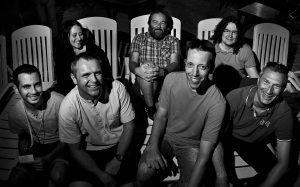
 ette journée de réflexion de la FIL est axée sur le partage des données au sein de notre thème
ette journée de réflexion de la FIL est axée sur le partage des données au sein de notre thème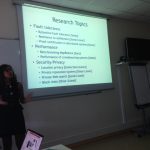
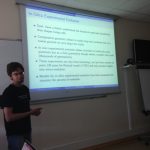
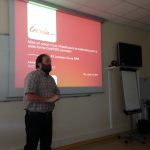
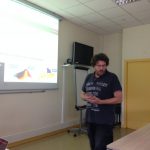
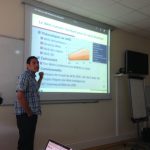
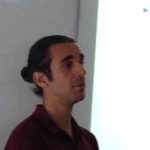
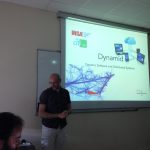
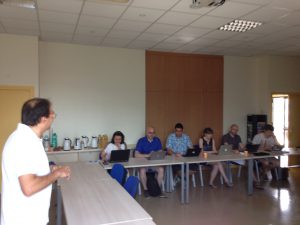
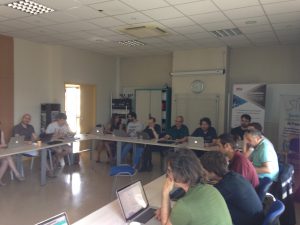
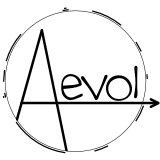 The goal of PMSISEE is to support the collaboration between the Avalon (LIP) and Beagle (LIRIS) teams through research activities on programming modelsand tools for HPC applied to the Aevol/R-Aevol simulator of in silico evolution of bacteria.
The goal of PMSISEE is to support the collaboration between the Avalon (LIP) and Beagle (LIRIS) teams through research activities on programming modelsand tools for HPC applied to the Aevol/R-Aevol simulator of in silico evolution of bacteria.